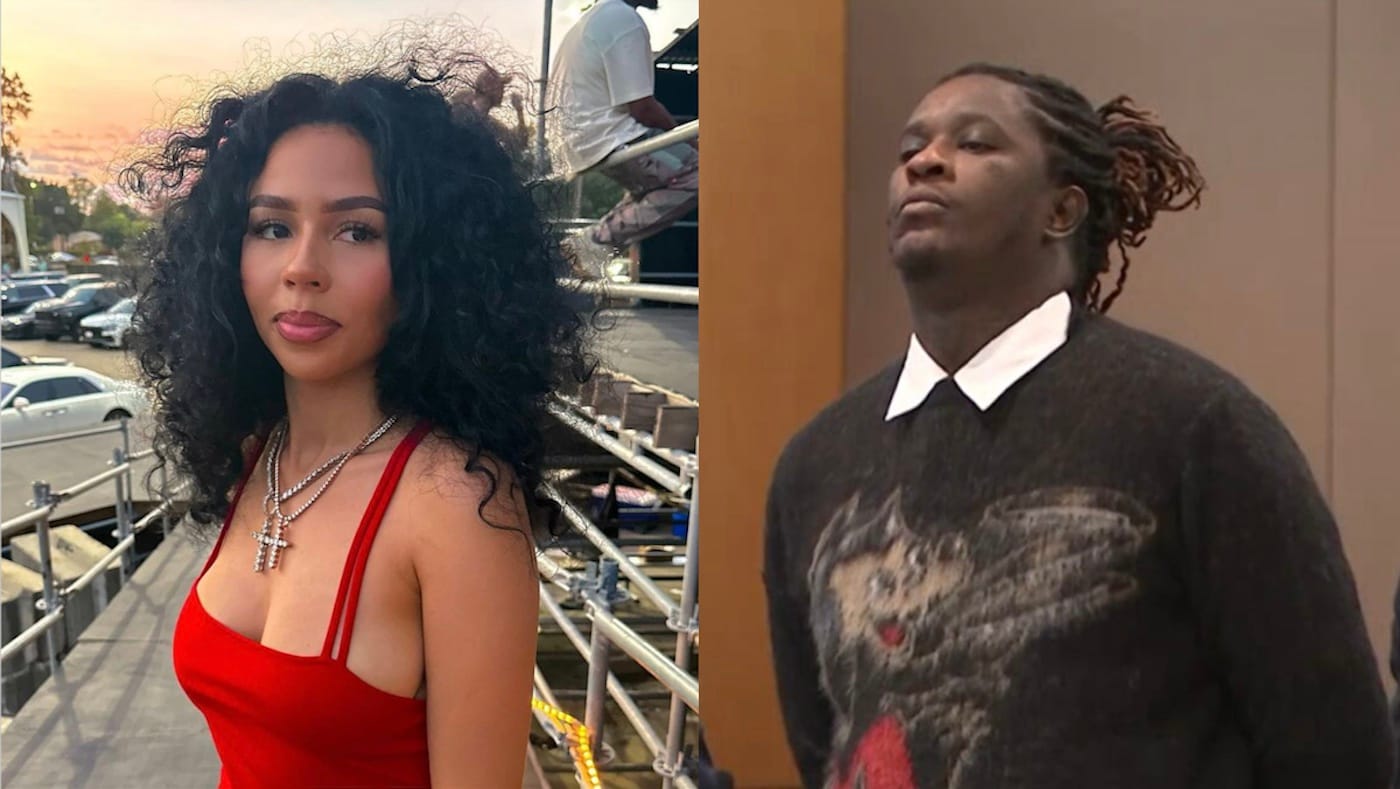In a dramatic conclusion to a trial that has gripped the hip-hop community and beyond, the last two defendants in the Young Thug case were acquitted of murder and gang-related charges on Thursday. The verdict, delivered by a jury in Atlanta, comes after a lengthy trial that saw a series of high-profile testimonies and a plethora of evidence presented by both the prosecution and defense. The defendants, who were accused of being part of a gang that allegedly committed violent crimes, faced serious repercussions if found guilty, including lengthy prison sentences.
The trial centered around the activities of Young Thug, whose real name is Jeffery Williams, and his label YSL (Young Stoner Life), which prosecutors argued was a criminal enterprise. However, defense attorneys argued that the prosecution failed to provide sufficient evidence linking the defendants directly to the alleged crimes. After deliberating for several days, the jury ultimately sided with the defense, leading to the acquittals.
The acquittals are seen as a significant victory for the defense team and raise questions about the prosecution’s strategy in this high-profile case. Legal experts have noted that the outcome reflects a growing skepticism towards gang-related charges in the legal system, particularly when evidence is circumstantial.
The trial has sparked discussions about the implications of gang charges in the music industry, with many artists voicing concerns over how their lyrics and public personas can be misinterpreted as criminal behavior. The defense argued that the defendants were being unfairly targeted due to their association with Young Thug and the hip-hop culture, rather than any concrete evidence of wrongdoing.
Following the verdict, celebrations erupted outside the courthouse, with supporters of the defendants expressing relief and joy. The acquittals mark a significant moment not only for the defendants but also for the broader discourse on race, music, and the criminal justice system in America.
As the dust settles on this high-profile trial, many are left pondering the future of Young Thug and his label, as well as the ongoing debates surrounding the intersection of art and criminality. The case has undoubtedly left an indelible mark on the hip-hop community and the legal landscape, raising questions that may resonate for years to come.
Sources:
1. Atlanta Journal-Constitution
2. Billboard
3. Rolling Stone
4. NPR
5. Complex


